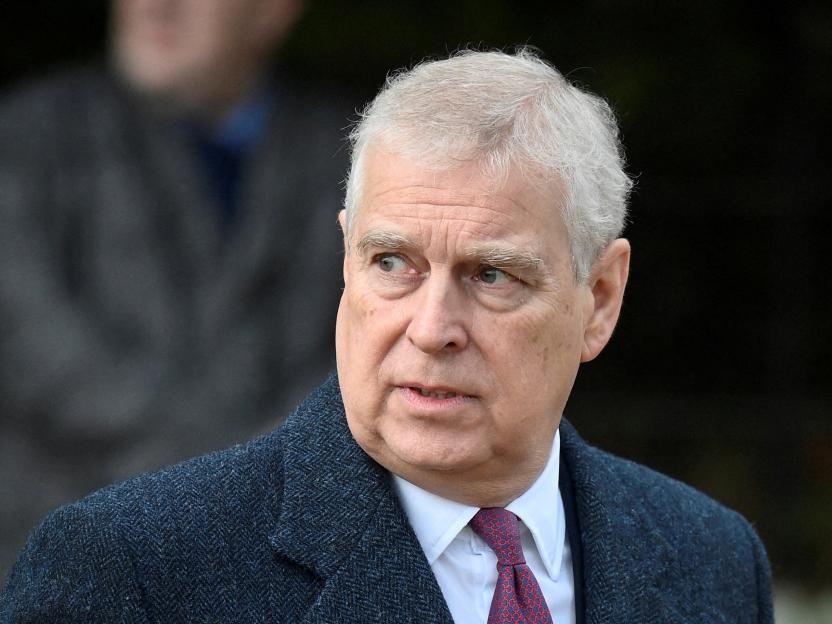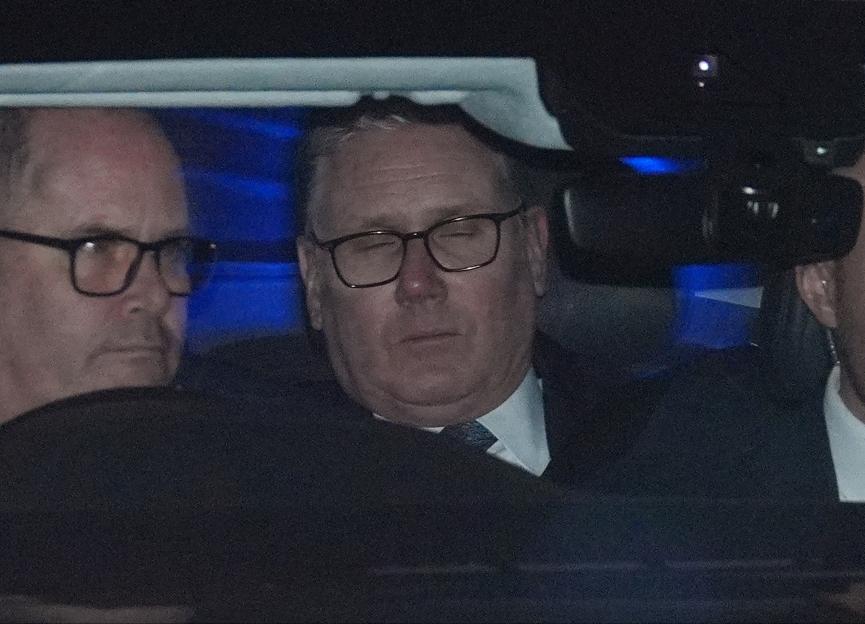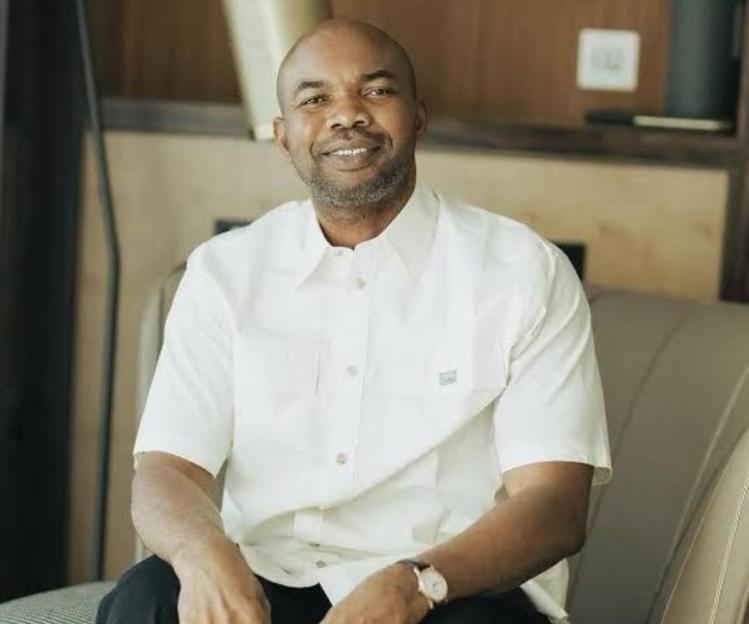For the last two decades in Nigeria, there have been massive adoption of solar power systems as an alternative power source to the age long unstable power supply, high electricity bills and also as a profitable alternative to fossil fuel generating plant.
Generally, those that make the switch to this innovative solution have their solar panels installed on their roof tops in other to harvest adequate sunshine which is the source of energy that is DC (Direct Current). The direct current is then converted into AC (Alternating Current) used in powering their homes or business places.
In recent times, there have been videos circulating the internet showing houses on fire with captions such as, “solar panels burnt down the house”, “stop putting solar panels on your roofs” and so on. This has created panic in the solar sector and has become a cause of concern from some existing and intending solar users to use their roofs.
What is a solar panels?
A solar panel also known as photovoltaic (PV) panel is a major component of a solar system that converts photons from the sunlight into electrical direct current(DC) which is then used to power a house through an inverter or without an inverter if the appliances in use are DC appliances.
Solar panels are majorly made up of silicon solar cells, glass covering ,encapsulant, aluminum frame and junction box with extending short MC4 cables. So, can solar panels cause fire on your roof? Let’s find out in this article.
Why solar panels are installed on the roof?
As I earlier stated in the introduction, the primary reason for having solar panels on the rooftop is for better harvesting of sunlight and to avoid shadows as much as possible. This is why it has always been the general spot where residential and some commercial solar panels are installed.

Screenshot
One of our solar installation on a service apartment’s roof in Lagos, Nigeria.
Benefits and possible disadvantages of having solar panels on the rooftop
Compared to the alternative means of solar panel installation which is ground railings, used mainly in mini-grid solutions, the usage of your roof top helps you save cost that could have been expended on building ground solar railings.
Another important advantage of solar panels on your roof if handled by professionals is that it reduces aging of your roofing sheets. You may want to ask, “How does it do that”?
Let’s take for example, freshly produced aluminum roofing sheets kept in a warehouse at a particular room temperature, of course it’s totally different from the ones already installed and exposed to sunlight overtime. The presence of solar panels on your roof prevents the direct impact of sunlight as it provides covering for the entire part of the roof where solar panels are installed thereby reducing the rate of degradation on that section of the roof.
Many years after installation, it can be visibly observed that the part of the roof covered by the solar panels will still be strong and close to new and it will require little or no maintenance compared to the section exposed to the sun. In addition, the part of your roof covered by solar panels cools better during high sun intensity because of the PV panels present.
The only possible disadvantage of having your solar panels on the roof instead of ground railings is that if solar panel installation was not factored in the roof design of the house, the installer is constrained to use the most suitable direction of the roof and the available angle of elevation instead of the angle suitable for your location in other to get maximum sun harvest.
Can solar panels in itself burn down a building?
I know you have been waiting for an answer to this which is NO! Solar panels in most cases are never the source of fire that burns buildings where they are installed as against the wide spread rumor.
However just like other electrical appliances and other inflammable equipment, solar panels can be burnt when exposed to fire which can be caused by wrongly sized DC cables or electrical cables in the house or even substandard solar components when necessary precautions and protections are not in place during the installation process.
From personal experience in the last eight (8) years and over 600 installations done by DVS Reliable Energy LTD in Nigeria, we are yet to record one fire incident caused by or relating to solar power system.
According to studies by TNO, NIPV and NEN Netherlands, it was reported that between 2022 and 2023, less than 2% of the entire 10,000 building fires involved solar panels.
What you should know before getting the solar panels installed on your roof
Despite the fact that the chances of fire outbreak from solar panel installation is very rare and low, it is also important to totally avoid it by doing the following before installation;
1. Make sure you are engaging a professional
Engaging an expert in the industry with enough experience puts your mind at rest and gives you a safe installation as they know what to do and how best to do them.
Having secured a professional for your next solar project, the following are the priorities to put in place by the installers in other to have an extremely safe solar system installed;
· Ensure the adequate cable sizes are used
Let me talk about this very crucial aspect of safe solar panels installation on the roof. Flexible and stranded cables are the best type of cables for good direct current (DC) flow, a type of current which the solar panels generate. However, not using quality or adequate size of cable can lead to high resistance, heat generation and gradual burning of the cables which like any other wrong house wiring cables can lead to fire.
· Ensure quality components are used
Quality solar components such as; battery, inverter, charge controllers, panels, circuit breakers and surge protectors that have standard certifications and passed quality tests are expected to be deployed by the professional.
· A professional will also limit joining of cables on the roof and in the whole installation as much as possible.
The use of PV combiner boxes with circuit breakers, bus bars are the safest means for cables continuity.
· Have a good earthing system to protect your solar panels from thunder strikes
2. As a client or intending user, ensure there is space with adequate ventilation
This is also an important safety decision as solar components have their specific manufacturer’s maximum operating temperatures.
Conclusion
Just like every other electrical and electronic appliances in a building, solar components should be of the highest quality and follow the safe installation standards as it is practiced all over the world.
Solar panels have one the lowest probability of causing a fire incident compared to other causes of fire outbreaks in buildings which includes, gas, faulty or non-attended to electronic components, electrical distribution boxes, poorly gauged electrical wires and so on.
Also, based on international data, facts and figures as well as personal experience at DVS Reliable Energy with over 600 professional installations in Nigeria, I can attest to the fact that solar panels are very safe for building roof tops in other to generate electricity independently through the sun.
Written by David Adewuyi, a seasoned renewable energy consultant and the director Of DVS Reliable Energy







